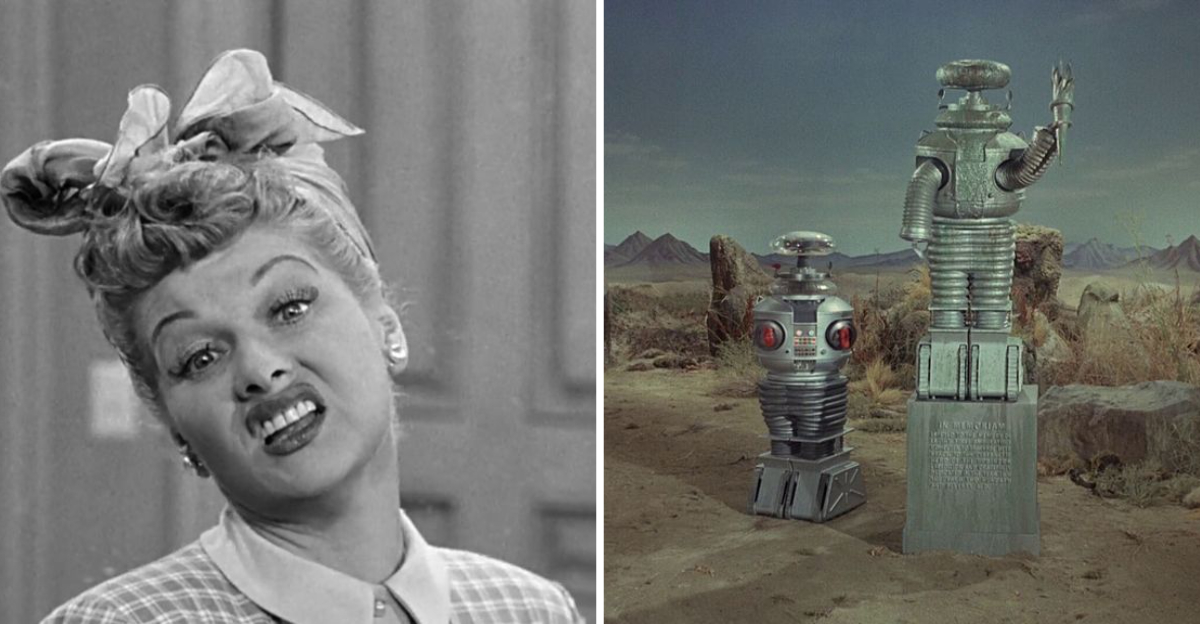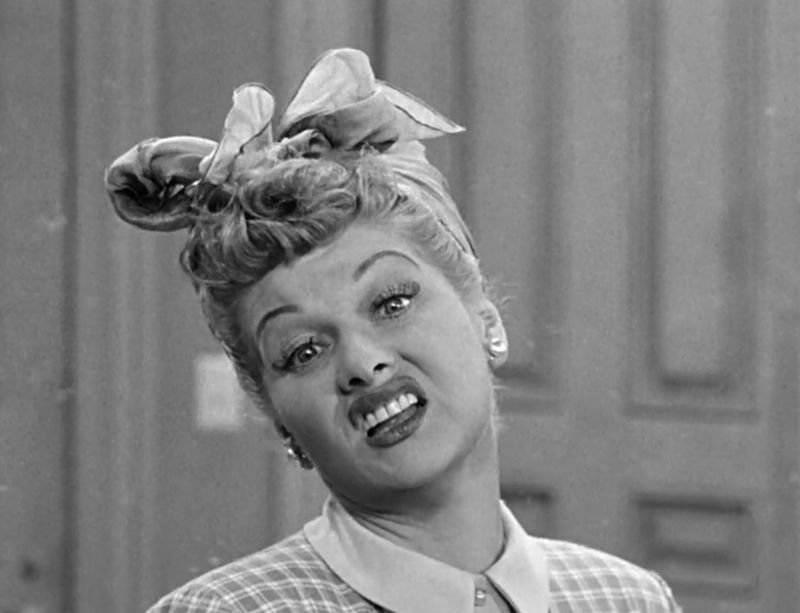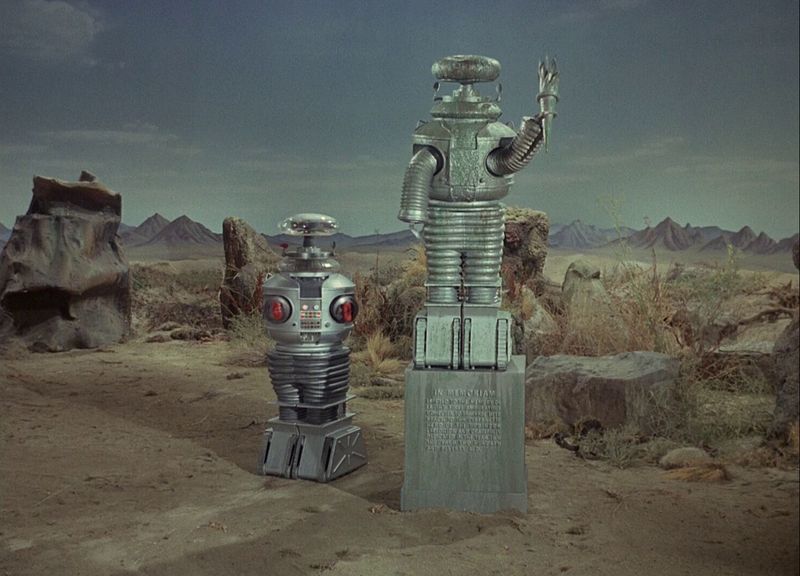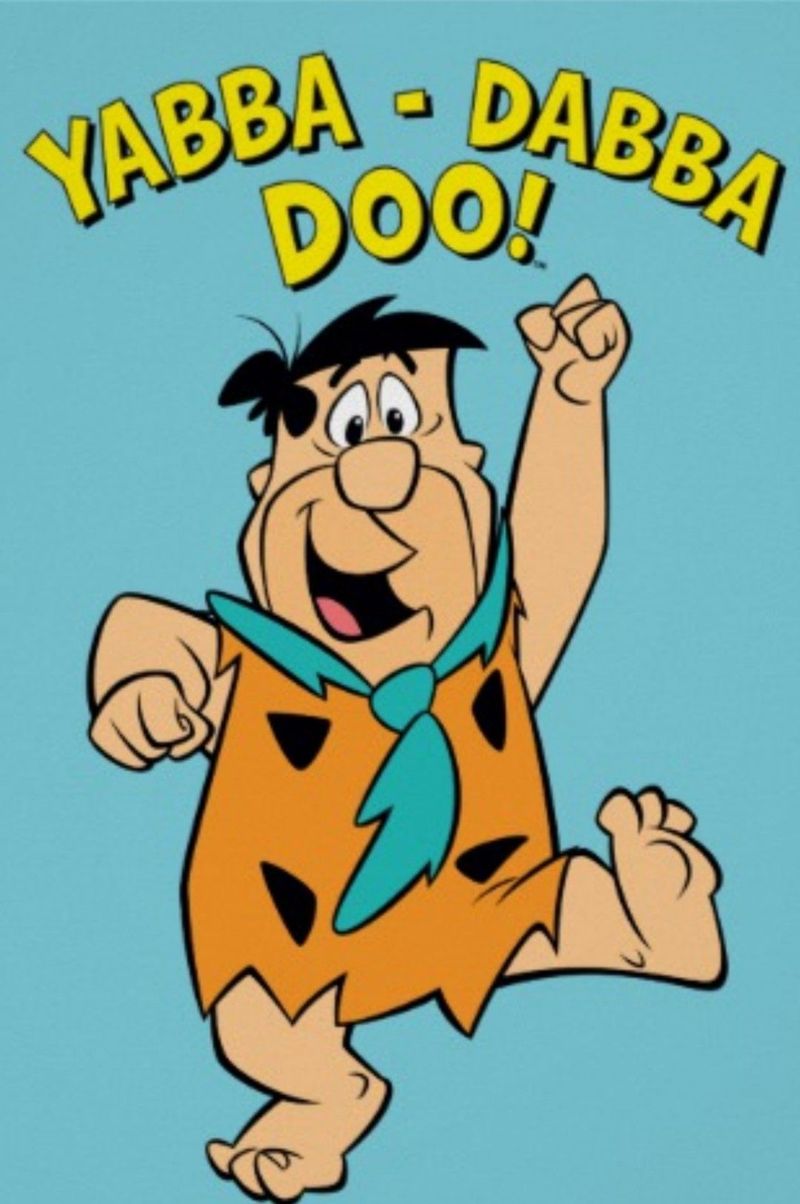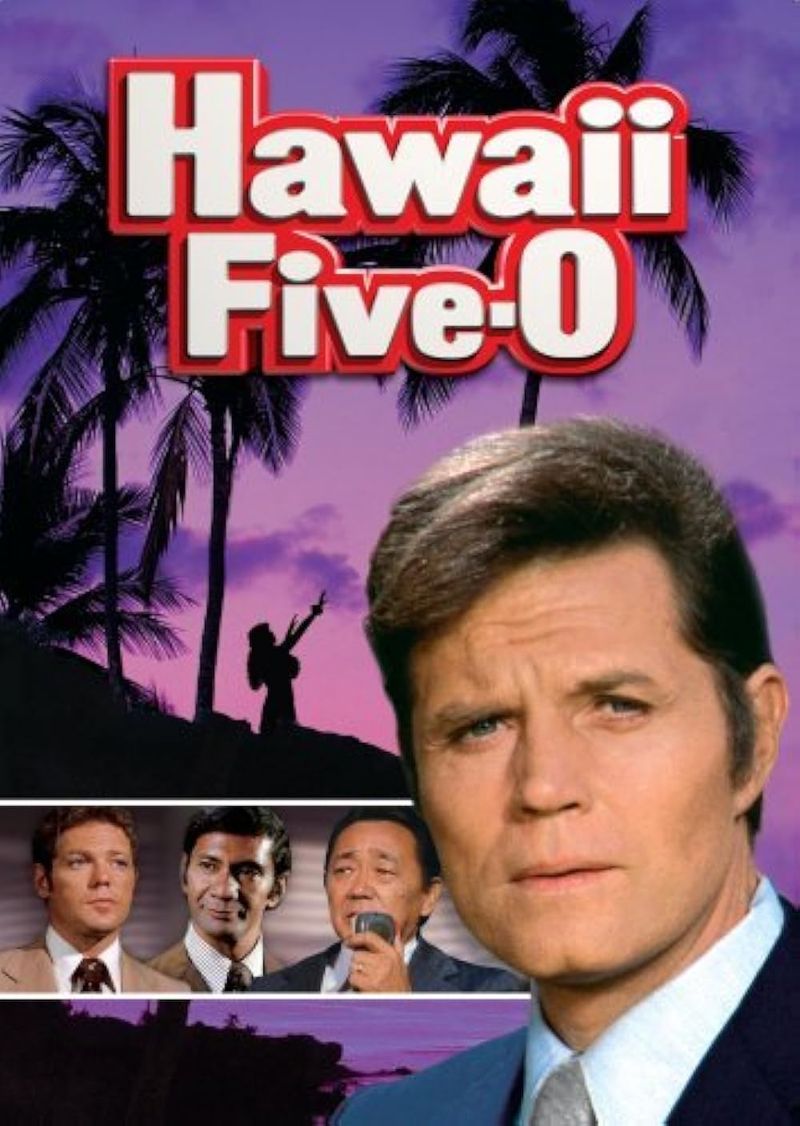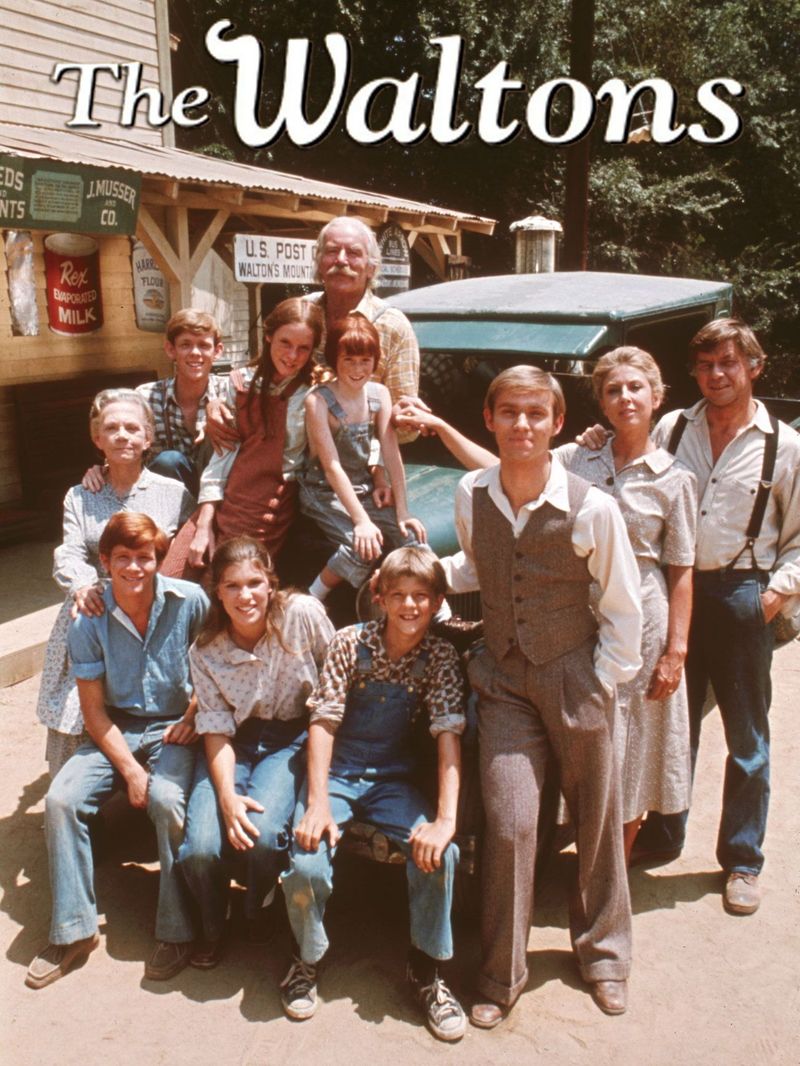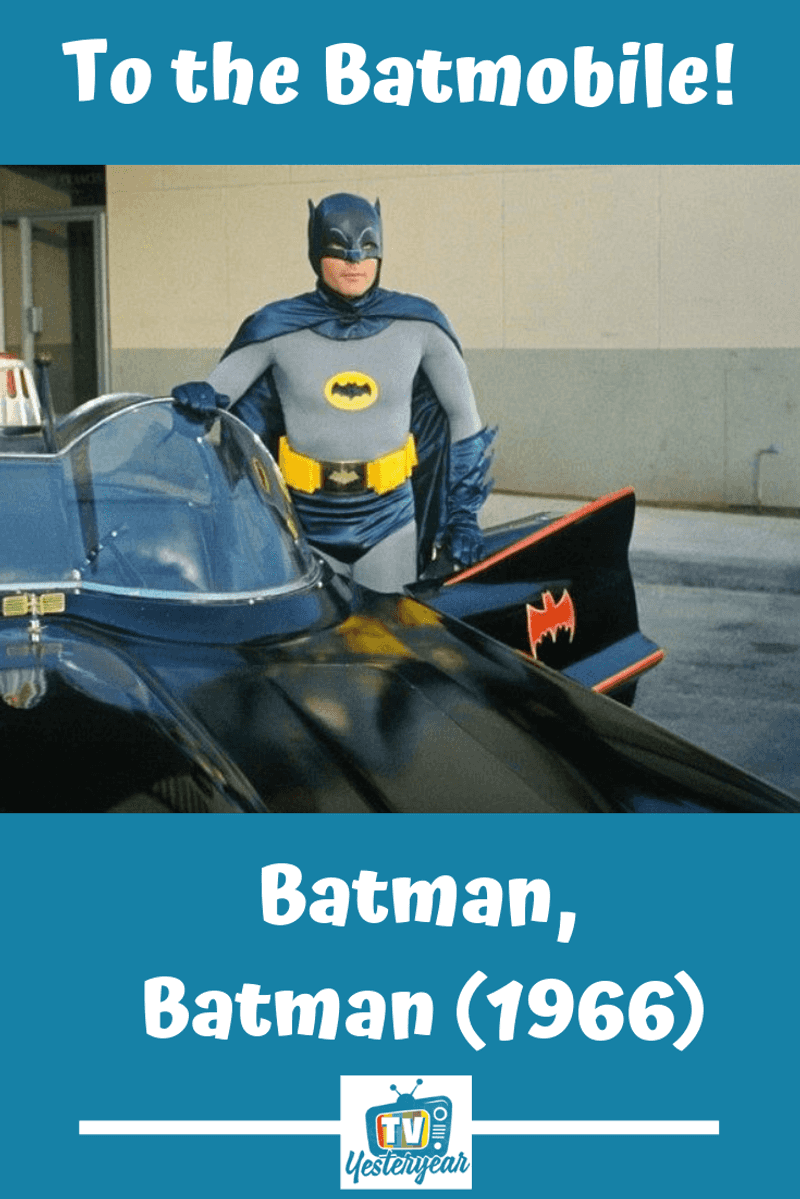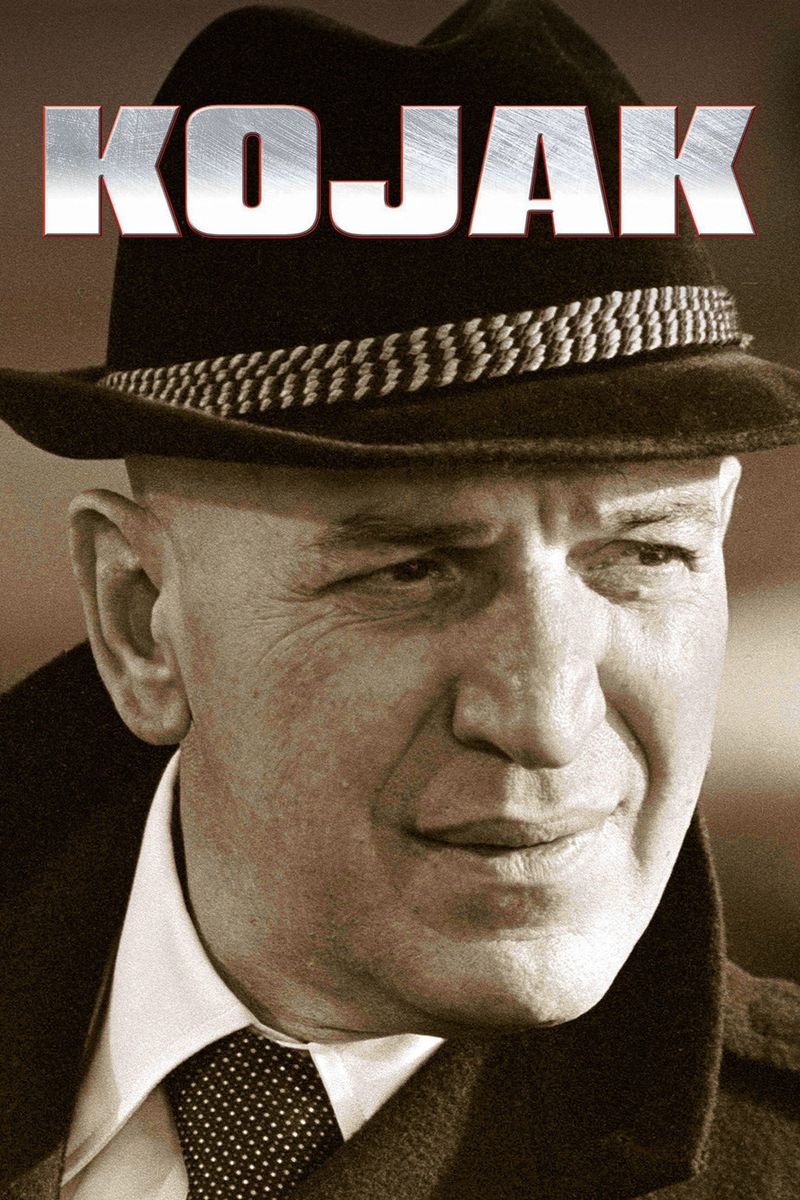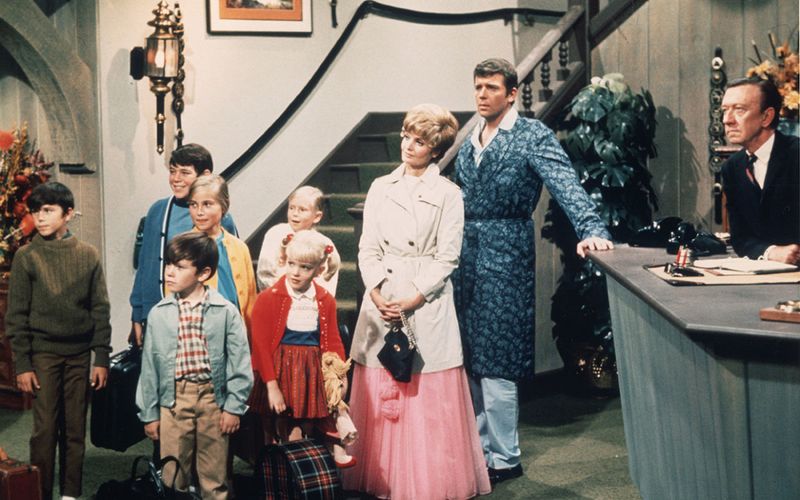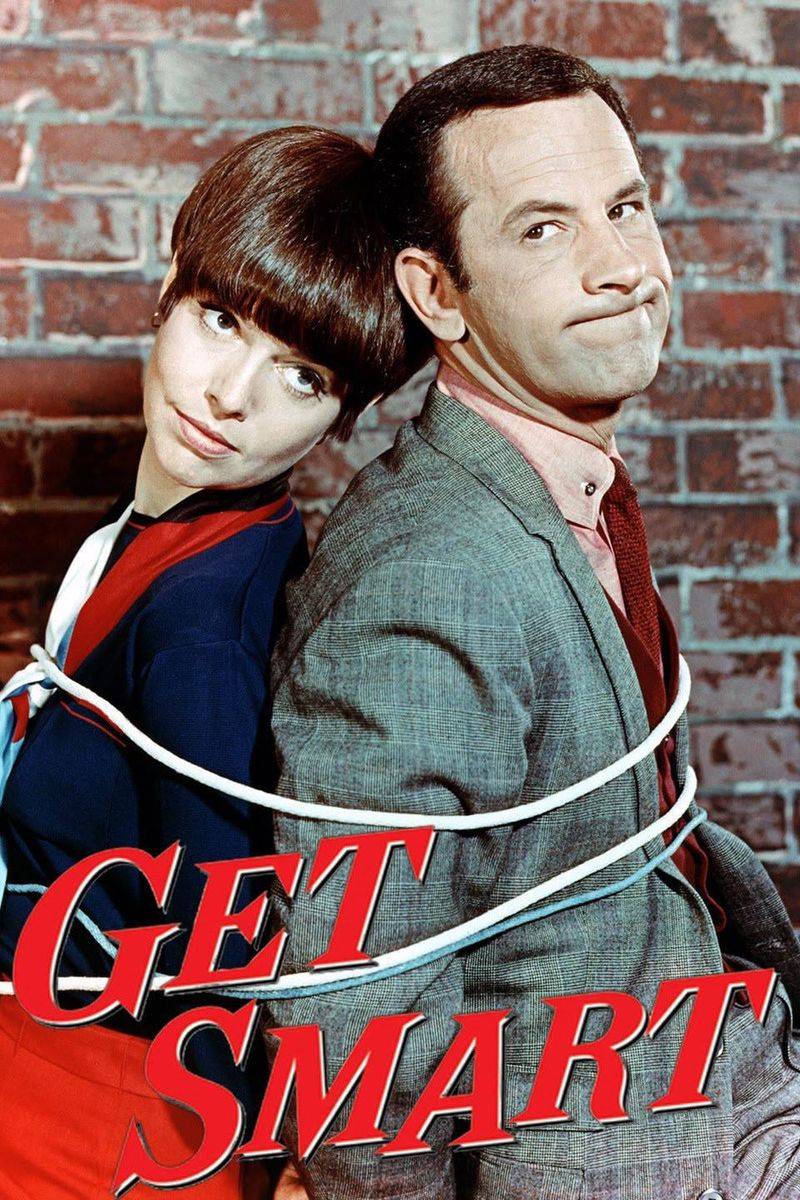Step back in time to the golden era of television, where iconic one-liners became part of everyday vernacular. The 1960s was a decade of innovation, cultural shifts, and memorable TV moments that still resonate with many. These legendary lines not only entertained but also captured the essence of what made these shows timeless. Whether you’re a nostalgic viewer or new to these classics, these punchlines hold a special charm that defined a generation.
“Lucy, you got some ‘splainin’ to do!” – I Love Lucy
This iconic line from “I Love Lucy” became synonymous with humorous misunderstandings. Lucille Ball’s portrayal of Lucy Ricardo brought laughter to millions, as she often found herself in quirky situations. Ricky Ricardo, played by Desi Arnaz, would deliver this line with a mix of frustration and affection that endeared audiences to the couple’s dynamic.
“I Love Lucy” was a groundbreaking show that set the standard for sitcoms, blending slapstick with heartfelt moments. Lucy’s antics and Ricky’s reactions created a comedic formula that is still celebrated today, making this line unforgettable for any 1960s kid.
“Danger, Will Robinson!” – Lost in Space
Known for its adventurous spirit, “Lost in Space” introduced audiences to the Robinson family as they navigated the cosmos. The Robot’s warning to Will Robinson became an iconic catchphrase, reflecting the show’s thrilling escapades. This line captured the sense of danger and excitement that was central to the series.
The phrase soon became a part of popular culture, symbolizing caution in the face of uncertainty. “Lost in Space” blended science fiction with family drama, appealing to both young and old. For any 1960s kid, hearing “Danger, Will Robinson!” sparks memories of interstellar adventures.
“Yabba Dabba Doo!” – The Flintstones
Fred Flintstone’s exuberant shout, “Yabba Dabba Doo!”, is perhaps one of the most joyous expressions on television. As the patriarch of the modern Stone Age family, Fred’s enthusiasm was infectious, capturing the playful spirit of “The Flintstones”. This line embodies the show’s humor and charm.
The series cleverly paralleled contemporary suburban life with a prehistoric twist, making it relatable and entertaining. “Yabba Dabba Doo!” became a hallmark of fun-filled adventures with Fred and his family, resonating with viewers who tuned in to escape into Bedrock’s whimsical world.
“Book ’em, Danno!” – Hawaii Five-O
In the crime drama “Hawaii Five-O”, Detective Steve McGarrett’s command, “Book ’em, Danno!”, became a staple of the series. The line was delivered with a sense of finality, marking the capture of criminals in the vibrant setting of Hawaii. It reflected the show’s focus on justice and order.
“Book ’em, Danno!” became more than just a catchphrase; it symbolized the triumph of good over evil. The show captivated audiences with its mix of action and exotic locales. For 1960s kids, this line is a nostalgic reminder of thrilling police procedurals set against scenic backdrops.
“Goodnight, John Boy.” – The Waltons
The heartfelt “Goodnight, John Boy” from “The Waltons” became an iconic nightly ritual, resonating with audiences who valued family bonds. This line closed each episode, embodying warmth and togetherness as the Walton family said their goodnights.
Set during the Great Depression, “The Waltons” offered a glimpse into simple, family-centric life. The show’s emphasis on love, support, and resilience struck a chord with viewers. “Goodnight, John Boy” encapsulates these themes, serving as a comforting reminder of familial love that touched the hearts of 1960s kids.
“To the Batmobile!” – Batman
The energetic call, “To the Batmobile!”, from “Batman” epitomized the dynamic duo’s readiness for adventure. This line, delivered by either Batman or Robin, signaled the start of another action-packed mission. The show’s campy style and vibrant visuals made these moments exhilarating.
“Batman” combined superhero action with humor, appealing to a broad audience. The phrase “To the Batmobile!” became a symbol of heroism and quick thinking, capturing the imagination of 1960s kids eager for thrilling escapades. It remains ingrained in pop culture as a testament to the show’s enduring appeal.
“Who loves ya, baby?” – Kojak
Telly Savalas as Detective Kojak brought swagger and charm to the small screen with his signature line, “Who loves ya, baby?” This phrase exuded confidence and became synonymous with Kojak’s tough yet charismatic persona. It was a catchy expression of coolness in the crime drama.
“Kojak” stood out for its gritty realism and engaging storytelling. The line “Who loves ya, baby?” added a layer of personality to the procedural, making Kojak a memorable character. For 1960s kids, it was a reminder of a stylish detective who handled crime with flair.
“Marcia, Marcia, Marcia!” – The Brady Bunch
Jan Brady’s exasperated cry, “Marcia, Marcia, Marcia!”, from “The Brady Bunch” perfectly captured sibling rivalry. This line highlighted the challenges and humor of growing up in a blended family, resonating with viewers who understood similar dynamics.
“The Brady Bunch” offered relatable family scenarios with a touch of humor and heart. Jan’s line became emblematic of the show’s lighthearted take on familial relationships. It remains a cultural touchstone, reminding 1960s kids of the joys and trials of family life, as seen through the adventures of the Brady family.
“Would you believe…?” – Get Smart
Agent Maxwell Smart’s catchphrase, “Would you believe…?”, added a humorous element to the espionage genre in “Get Smart”. This line prefaced a series of increasingly unlikely scenarios, showcasing the show’s comedic brilliance. It became a signature of Smart’s bumbling yet endearing persona.
“Get Smart” cleverly parodied the spy craze of the era, appealing to audiences with its wit and satire. The phrase “Would you believe…?” encapsulated the show’s playful spirit. For 1960s kids, it was a reminder of hilarious adventures with a lovable, if inept, secret agent.
